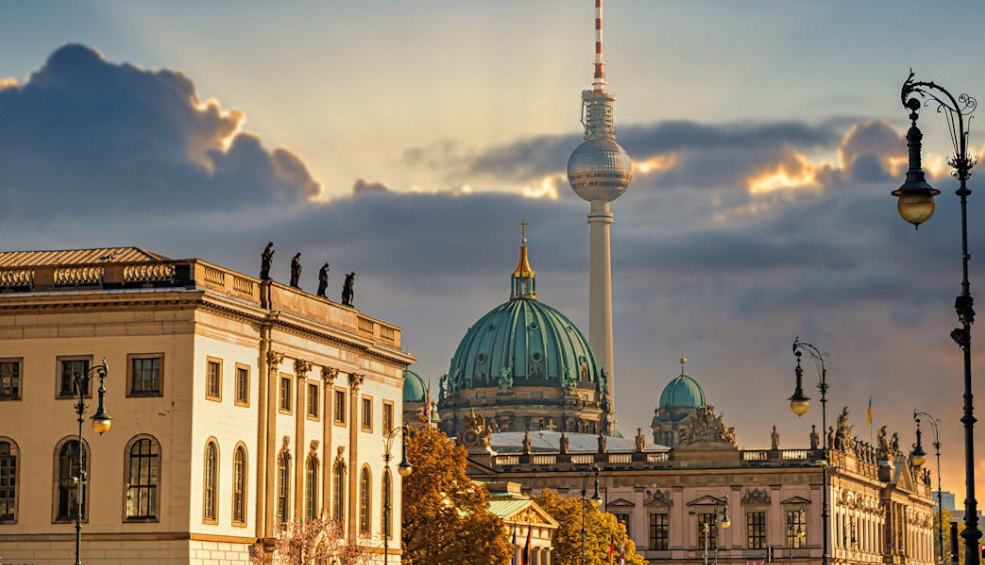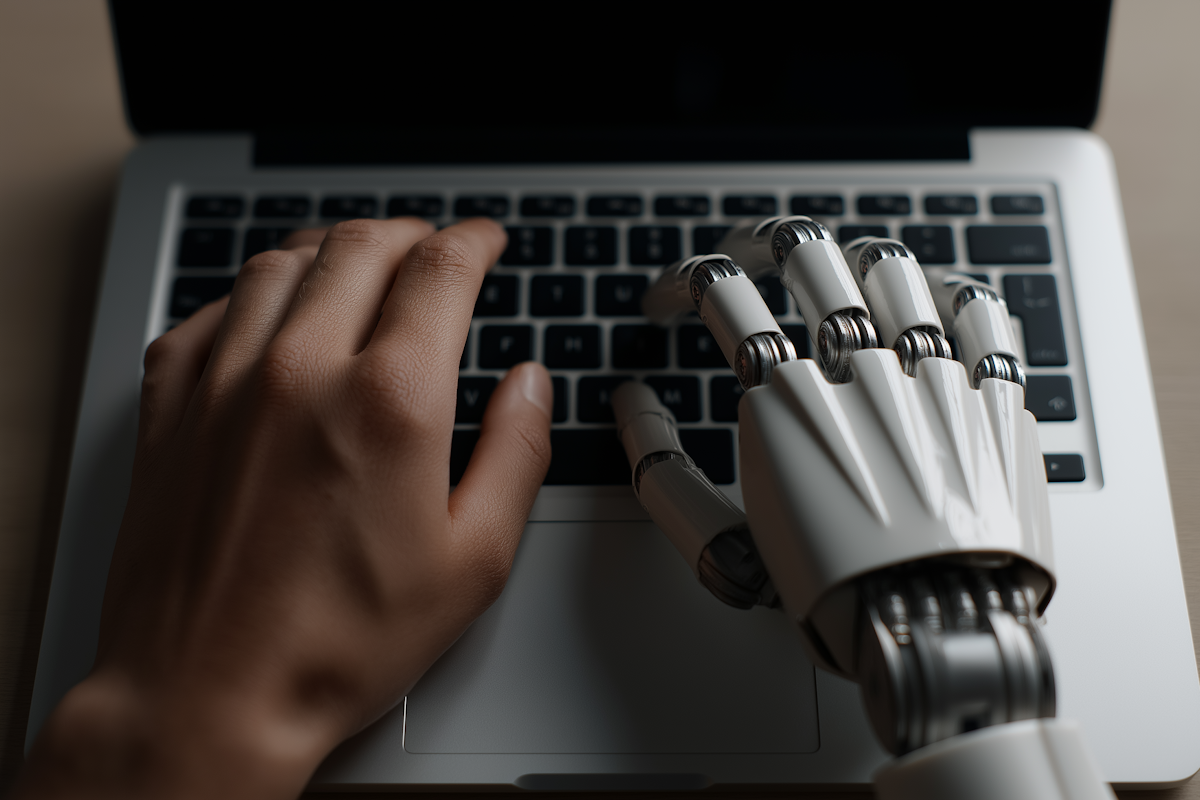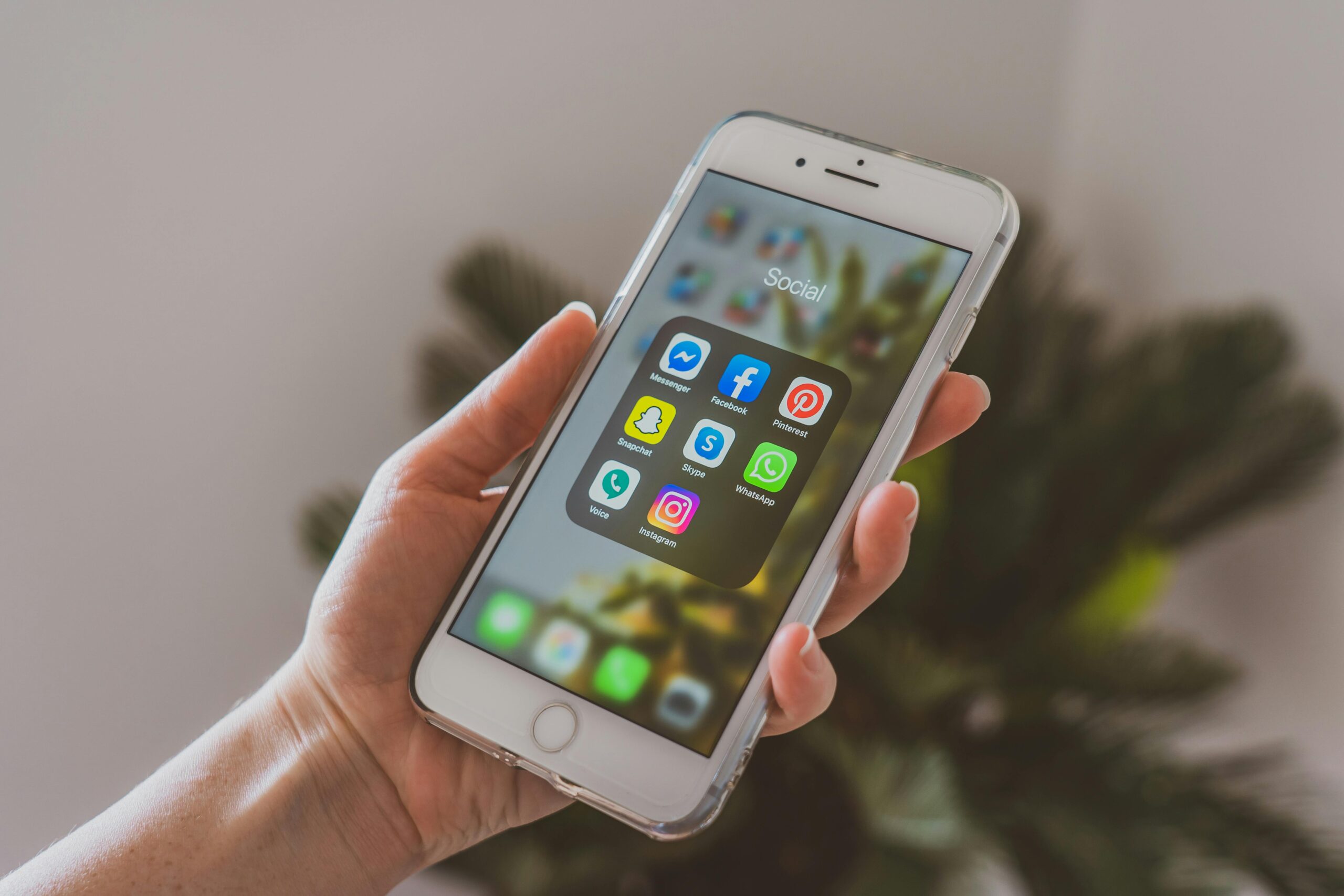Berlin isn’t just Germany’s capital — it’s Europe’s creative heartbeat. The city has always been a magnet for innovators, artists, and entrepreneurs. But over the last few years, something remarkable has happened: AI has begun transforming the very DNA of Berlin’s branding scene.

From sleek tech startups in Kreuzberg to fashion houses in Mitte, brands are embracing AI to understand consumers, refine storytelling, and deliver personalized experiences like never before. Yet, amid the algorithms and analytics, Berlin’s brands are proving one thing loud and clear — success still depends on human creativity, emotion, and authenticity.
In this article, we’ll explore what makes Berlin’s brand scene thrive in the age of AI, how Brand AI is reshaping strategy, and dive into two Berlin-based mid-sized companies that are using AI not to replace creativity, but to supercharge it.
Berlin: The Perfect Playground for AI and Branding
Berlin has long been known as Europe’s startup capital. It’s a city that celebrates experimentation, collaboration, and culture — three elements essential to both AI innovation and effective branding.

With a strong ecosystem of tech hubs, creative agencies, and academic research institutions, Berlin offers the perfect intersection between data and design. The city’s brand culture is driven by diversity — from sustainability-focused fashion labels to digital-first service providers redefining customer experience.
And now, AI is the new creative collaborator.
Berlin’s brands are using AI not only to automate tasks but to spark new forms of storytelling. The power of Brand AI lies in its ability to merge logic with emotion — something Berlin’s creative community deeply understands.
What Brand AI Means for Berlin’s Branding Ecosystem
Brand AI refers to the integration of artificial intelligence tools into branding — from strategy development and consumer research to creative execution and performance tracking.
For Berlin-based companies, this means more efficient workflows, smarter targeting, and deeper consumer insights. But it also represents a cultural shift. In a city where individuality defines success, brands are finding ways to keep AI human-centered.
Here’s how Berlin’s mid-sized businesses are leveraging AI to strengthen their brand positioning:
1. Hyper-Personalized Customer Experiences
Berlin consumers are savvy and socially conscious. They expect personalization without losing authenticity.
AI enables brands to deliver exactly that.
Through advanced analytics and machine learning, Brand AI tools analyze customer behavior — from social interactions to purchase history — to tailor communication and products in real time.
For example, a Berlin-based coffee brand might use AI to predict which blend customers will prefer based on weather, time of day, and even mood signals from social media. This isn’t just data-driven marketing — it’s emotional branding powered by technology.
2. Smarter Storytelling Through Data
In Berlin, storytelling has always been the soul of branding. The city thrives on authenticity and creative rebellion. But today’s stories must resonate across digital channels — and AI makes that possible.
By analyzing millions of conversations, search trends, and user interactions, AI helps brands uncover what people truly care about. It allows creative teams to craft narratives that feel personal, local, and relevant — whether it’s sustainability, inclusivity, or innovation.
For instance, a sustainable fashion brand in Berlin can use AI to identify rising consumer concerns around ethical sourcing, then craft campaigns that address those emotions directly.
Brand AI doesn’t tell the story — it gives human strategists the insights to tell it better.
3. Predictive Branding: Seeing Trends Before They Happen
Berlin’s most successful brands don’t follow trends — they set them.
With AI-driven predictive analytics, marketers can forecast cultural shifts before they go mainstream. AI can identify subtle changes in consumer language, digital behavior, or visual preferences that signal upcoming movements.
For Berlin’s creative scene, this is gold. It allows brands to stay ahead of the curve while staying true to their values.
Imagine a Berlin music platform that detects early growth in “AI-generated ambient soundscapes” and quickly partners with digital artists to launch an exclusive collection. That’s branding in real time, powered by Brand AI.
4. AI in Creative Design and Campaign Optimization
AI isn’t just analyzing data — it’s actively shaping creative work.
Berlin-based agencies and in-house teams are using AI tools like generative design platforms, natural language processors, and sentiment analyzers to build more impactful campaigns.
A Brand AI system can test dozens of ad variations, analyze which visuals perform best across demographics, and even recommend emotional tones for specific audiences.
The result? Creative decisions guided by emotion and evidence.
In Berlin’s competitive branding environment, that combination often marks the difference between a campaign that’s seen — and one that’s remembered.
Case Study 1: VAUDE – Sustainable Innovation Enhanced by Brand AI
VAUDE, a sustainability-driven German outdoor gear brand with a strong Berlin presence, perfectly demonstrates how Brand AI can amplify purpose-driven branding.
Known for its commitment to eco-friendly products and ethical production, VAUDE faced a common challenge among mid-sized brands: how to maintain authenticity while scaling global communications.
To solve this, the company began integrating AI-powered consumer insights and content optimization tools into its brand strategy.
Through AI analytics, VAUDE tracks sustainability conversations online — identifying which environmental topics resonate most with its target audience. This allows the brand to craft emotionally relevant campaigns that align with customer values, from climate action to circular fashion.
For instance, when sentiment data revealed growing consumer interest in “repair instead of replace,” VAUDE’s branding team quickly developed a campaign highlighting its repair services.
Beyond marketing, VAUDE uses AI-driven forecasting to predict material demand and minimize waste — turning sustainability into both a brand story and a business advantage.
What makes VAUDE’s use of Brand AI remarkable is its balance between technology and humanity. The brand doesn’t automate its voice — it amplifies its message. By combining data insights with authentic storytelling, VAUDE continues to win both trust and loyalty.
Case Study 2: Zalando Lounge – Personalized Fashion with AI Precision
Zalando Lounge, the Berlin-based online fashion platform, represents the intersection of AI, branding, and customer experience at scale.
While Zalando itself is a larger player, Zalando Lounge operates as a more focused, mid-sized brand within its ecosystem — targeting customers looking for premium deals and curated experiences.
To differentiate itself, the company adopted AI-driven personalization engines to refine its customer journey. Every product recommendation, banner, and email is tailored through Brand AI insights that analyze browsing habits, preferences, and purchase intent.
What’s impressive is how Zalando Lounge integrates AI without losing emotional appeal. The platform uses sentiment data to ensure its visuals and messaging reflect current moods — from vibrant optimism in summer campaigns to minimalist calm during winter sales.
This blend of emotional intelligence and machine learning defines what makes Berlin’s brands successful: data with heart.
5. AI and the Human Element in Berlin Branding
Despite the growing influence of AI, Berlin’s brand leaders emphasize that creativity and empathy remain irreplaceable.
Berlin thrives on human expression — art, activism, individuality. AI enhances that creativity; it doesn’t replace it.
In workshops and creative labs across the city, strategists are using Brand AI tools as brainstorming partners rather than replacements. AI might generate a dozen visual mockups or copy variations, but it’s the human strategist who decides which idea captures the brand’s essence.
That human-AI partnership embodies Berlin’s brand culture: intelligent, emotional, and endlessly experimental.
6. Challenges Berlin Brands Face with AI Integration
While AI offers endless opportunities, Berlin brands also face challenges:
- Data privacy: German consumers are highly protective of their data. Brands must balance personalization with transparency.
- Authenticity risk: Over-reliance on AI can make communication feel robotic. Maintaining the brand’s human voice is essential.
- Creative tension: AI can generate ideas quickly, but creativity still needs time to mature — something AI can’t replicate.
Successful Berlin brands handle this balance elegantly — embracing AI efficiency while maintaining human authenticity.
7. The Future of Branding in Berlin’s AI Era
The future of Berlin branding lies in co-creation between humans and machines.
Here’s what we’ll likely see over the next few years:
- Emotionally intelligent AI that not only tracks data but understands sentiment nuances in different cultural contexts.
- Sustainable branding analytics — where AI helps optimize campaigns for environmental impact, not just engagement.
- Interactive AI storytelling, where customers co-create brand stories using chatbots and virtual assistants.
Berlin’s creative DNA makes it uniquely positioned to lead this transformation. It’s a city where data meets design — and technology meets humanity.
Why Berlin Brands Succeed with AI
Berlin brands don’t just use AI to sell — they use it to connect.
What makes them stand out isn’t just their innovation but their ability to humanize technology.
They experiment boldly, communicate authentically, and stay true to their cultural roots — even as they embrace cutting-edge tools.
The secret to Berlin’s brand success in the AI era isn’t automation. It’s authentic intelligence — powered by humans, amplified by AI.
Final Thoughts
Berlin’s branding ecosystem is evolving rapidly, blending creativity and technology in ways few cities can match.
As AI continues to transform brand strategy, Berlin’s mid-sized companies are showing the world how to keep branding human — even in a data-driven age.
The city’s success lies in collaboration: between designers and data scientists, storytellers and algorithms, emotion and analytics.
In short, Brand AI in Berlin isn’t replacing creativity — it’s redefining it.
And in that balance between human heart and machine intelligence, Berlin’s brands are shaping the future of global branding.


